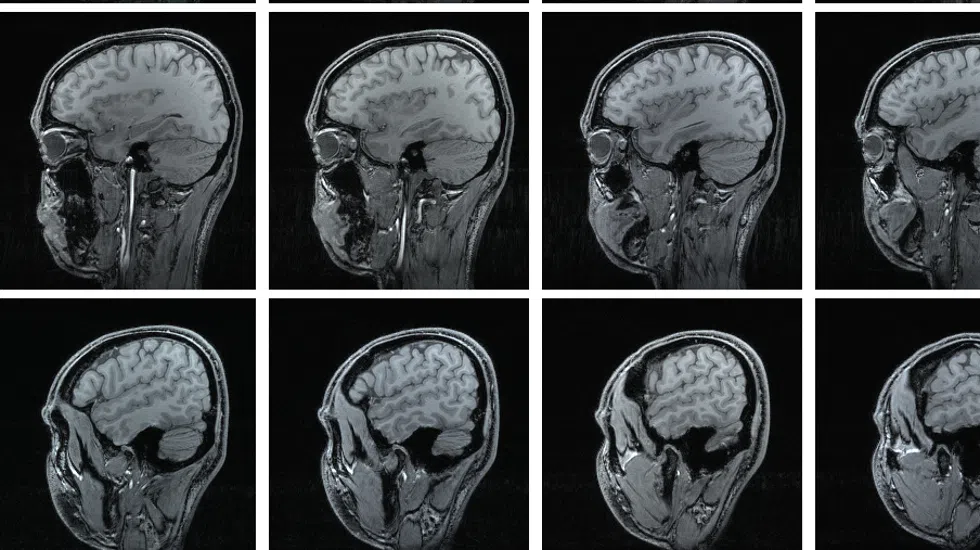
Private MRI’s provide options: MS society’s prairie president
With Saskatchewan’s narrow pool of neurologists specializing in multiple sclerosis, it doesn’t matter if MRI’s are offered privately or publicly as long as patients have access according to one president of the MS Society of Canada.
Erin Kuan, president of the Saskatchewan and Manitoban divisions, said the medical image will show the patient if he or she has scarring of the brain tissue — what definitively confirms the patient has the autoimmune disease.
“Our mission is really to ensure people with MS have the best access to care on their MS journey and it is hard enough to find a neurologist who is specialized in MS let alone worry about the concern about public versus private,” she said. “We really just focused on getting MS specialists into the province.”
At the moment, the province is allowing patients to pay for access to get an MRI, a controversial move that has Saskatchewan butting heads with Ottawa. The federal government this week told the province it has one year to prove that the idea works.


